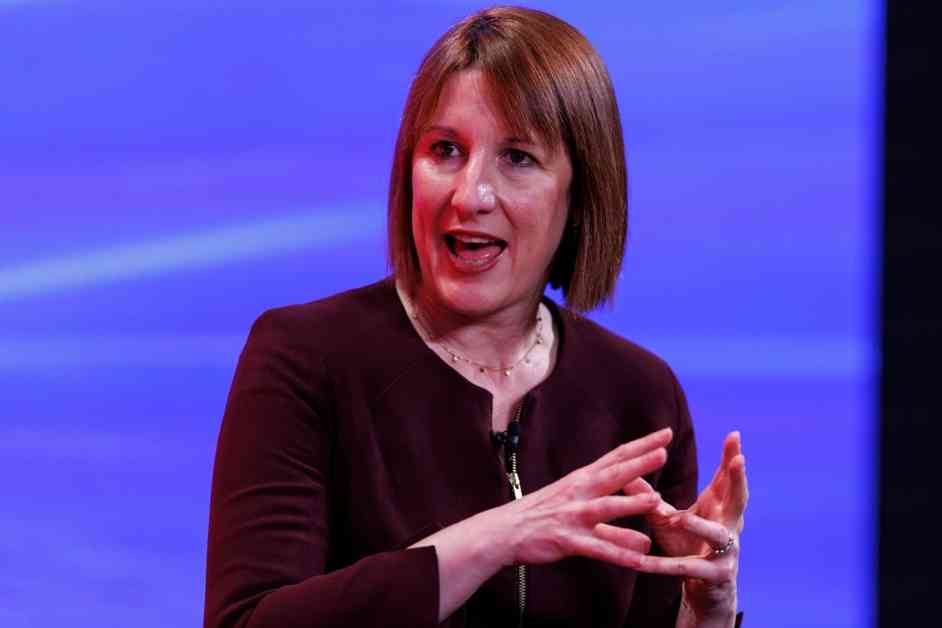Britons have seen an increase in inheritance tax payments, with £4.3bn collected in the first six months of the financial year, marking a £400m rise from the previous year. This has sparked concerns among middle-class homeowners who fear being targeted by Chancellor Rachel Reeves’ plans to raise more funds through the tax in the upcoming Budget.
Despite being a source of £7bn for the Treasury annually, inheritance tax remains a highly unpopular measure among voters. Only 4% of the population actually pays this tax, but the continuous rise in property prices and frozen thresholds have led to more estates being affected by it.
Speculation is rife about potential changes to inheritance tax rules in the Autumn Budget as the government seeks to fill its fiscal deficit. Experts warn that any drastic measures taken to maximize revenue from this tax could have negative consequences in the long run, affecting not only the minority who pay it but also causing economic harm.
The complexity of inheritance tax regulations allows for various adjustments that could potentially lead to increased tax revenue. While these changes may only impact a small percentage of the population, the repercussions could be significant and may not be well received by those affected.
As discussions around inheritance tax intensify, it is crucial for individuals to understand where their estates stand in relation to the current thresholds. Seeking professional advice and staying informed about potential changes in tax laws can help in planning and managing one’s estate effectively to mitigate any adverse impacts.
The Treasury and HM Revenue and Customs have yet to provide any official comments on the matter, leaving many Britons uncertain about what the future holds in terms of inheritance tax policies. The looming Autumn Budget announcement will shed light on the government’s intentions regarding this controversial tax, and it remains to be seen how these potential changes will be received by the public.












